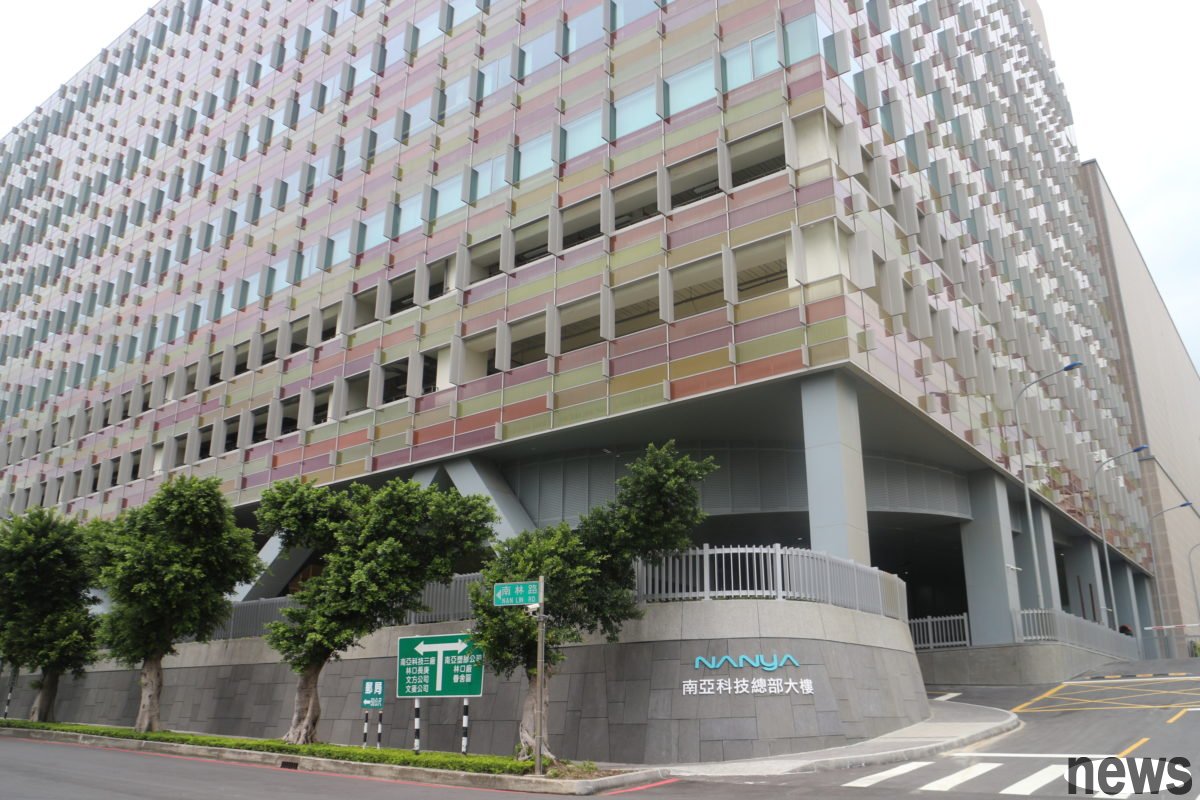
Li Peiying, president of Nanya Science, memory factory, said today that the non-AI application market reached a balance of supply and demand in June, and memory prices began to rise. Prices, sales and inventory situations in the third quarter are expected to improve significantly. We are confident that the gross profit margin will be positive in the single quarter, but there is still room for efforts to make the profits correct.
Nanyake held an online legal person briefing meeting today to announce the results of the second quarter. Li Peiying pointed out that sales volume increased by more than 70% in the second quarter, but due to the severe decline in memory prices in April and May, the overall average sales price in the second quarter fell by 4% to 6%, and the quarterly revenue of NT$1.0526 billion, an increase of 46.4%.
Nanyake's gross margin in the second quarter was 20.6%. Affected by the sharp increase in the exchange rate of NT$, it was recognized that foreign exchange losses of RMB 1.124 billion, and after taxes of RMB 4.109 billion, and for a loss of RMB 1.32 per share.
Li Peiying said that AI-related high-frequency wide memory (HBM) products began to rise last year, and the non-AI application market accounted for about 90% of the overall memory market. In June this year, the market reached a balance of supply and demand and began to rise, and the growth is expected to continue until the second half of the year. Nanyake is currently fully equipped with DDR4 products, with the proportion of DDR4 products reaching 50%. Price, sales and inventory in the third quarter are expected to improve significantly. Gross profit margin in the single quarter is confident of a positive change, and there is still room for effort to correct the profit.
As for the impact of the United States on tax related to other taxes, Li Peiying said that he still did not know the tax rate in Taiwan, and observed that customers did not take strong actions due to tax relatedness, so the market was still stable. As for the US's 232 investigation on semiconductors, Li Peiying said that the results may have a greater impact on logical chips than memory, but logical chips have market advantages and stronger ability to transfer customers, which will not have a strong impact on Taiwan's overall semiconductor.
